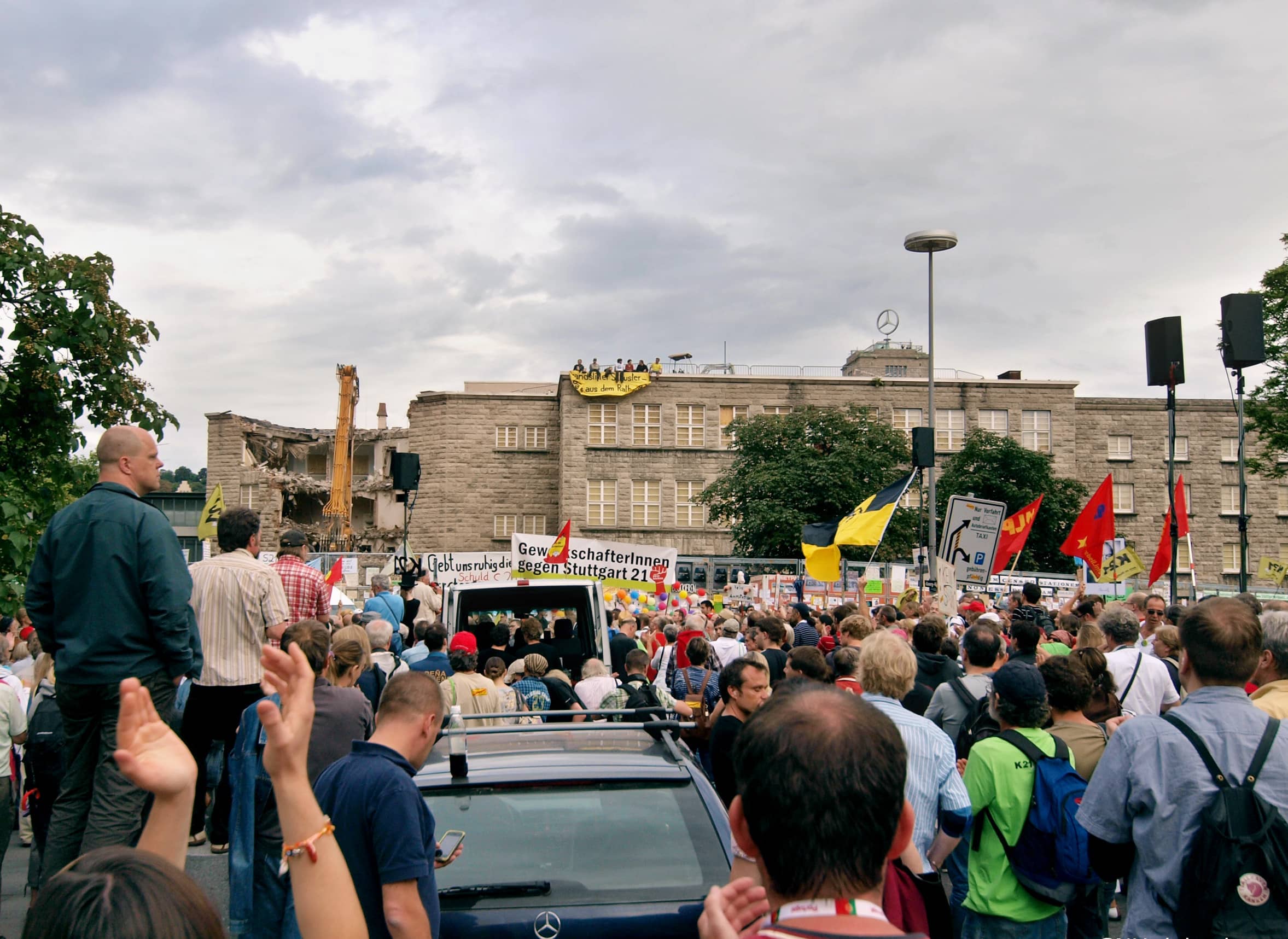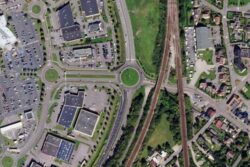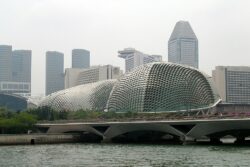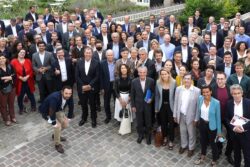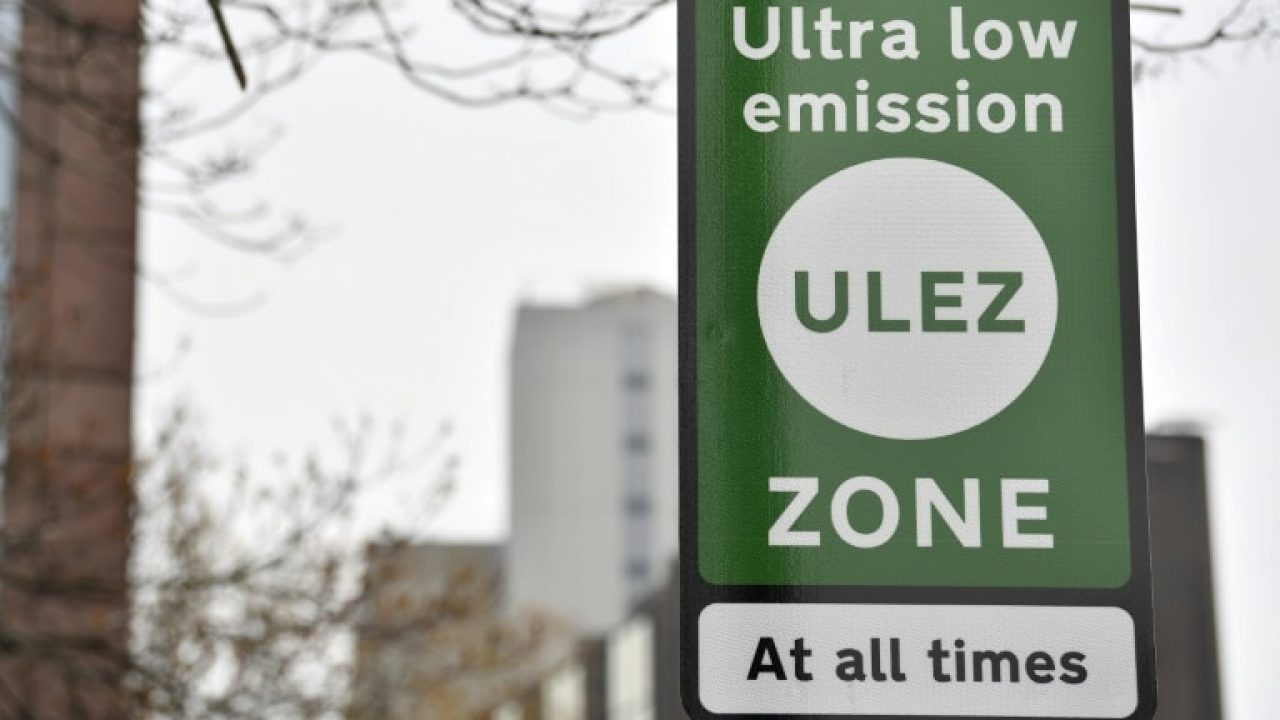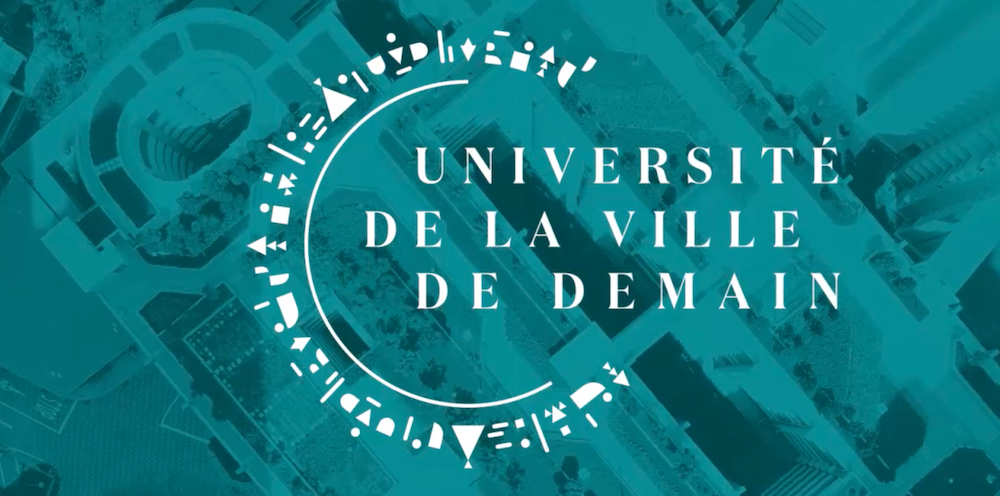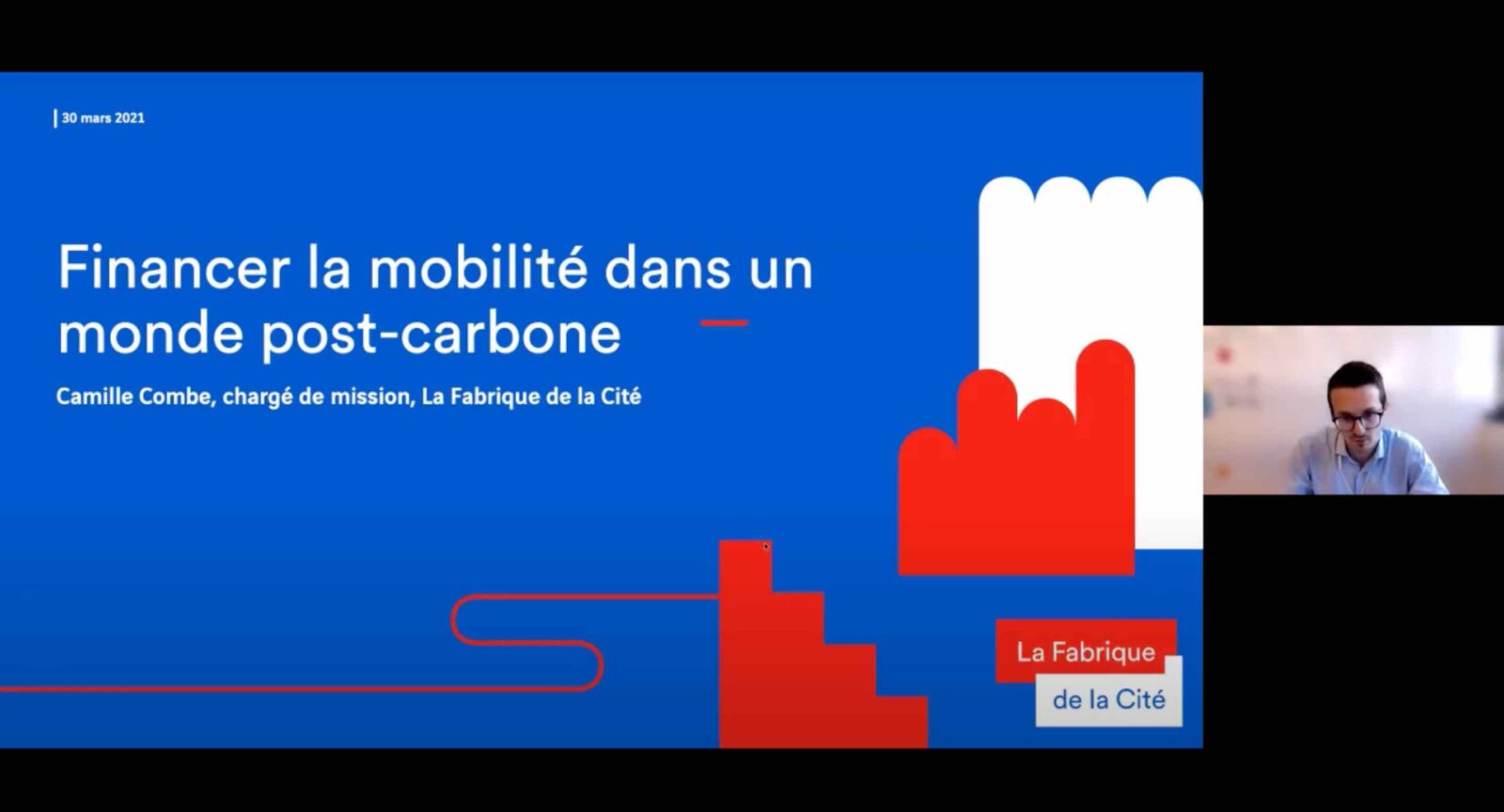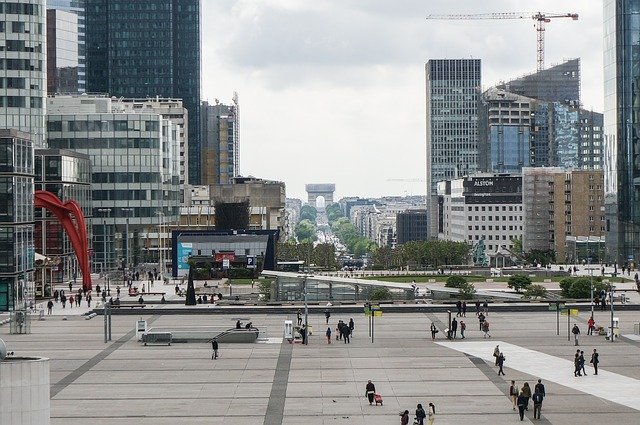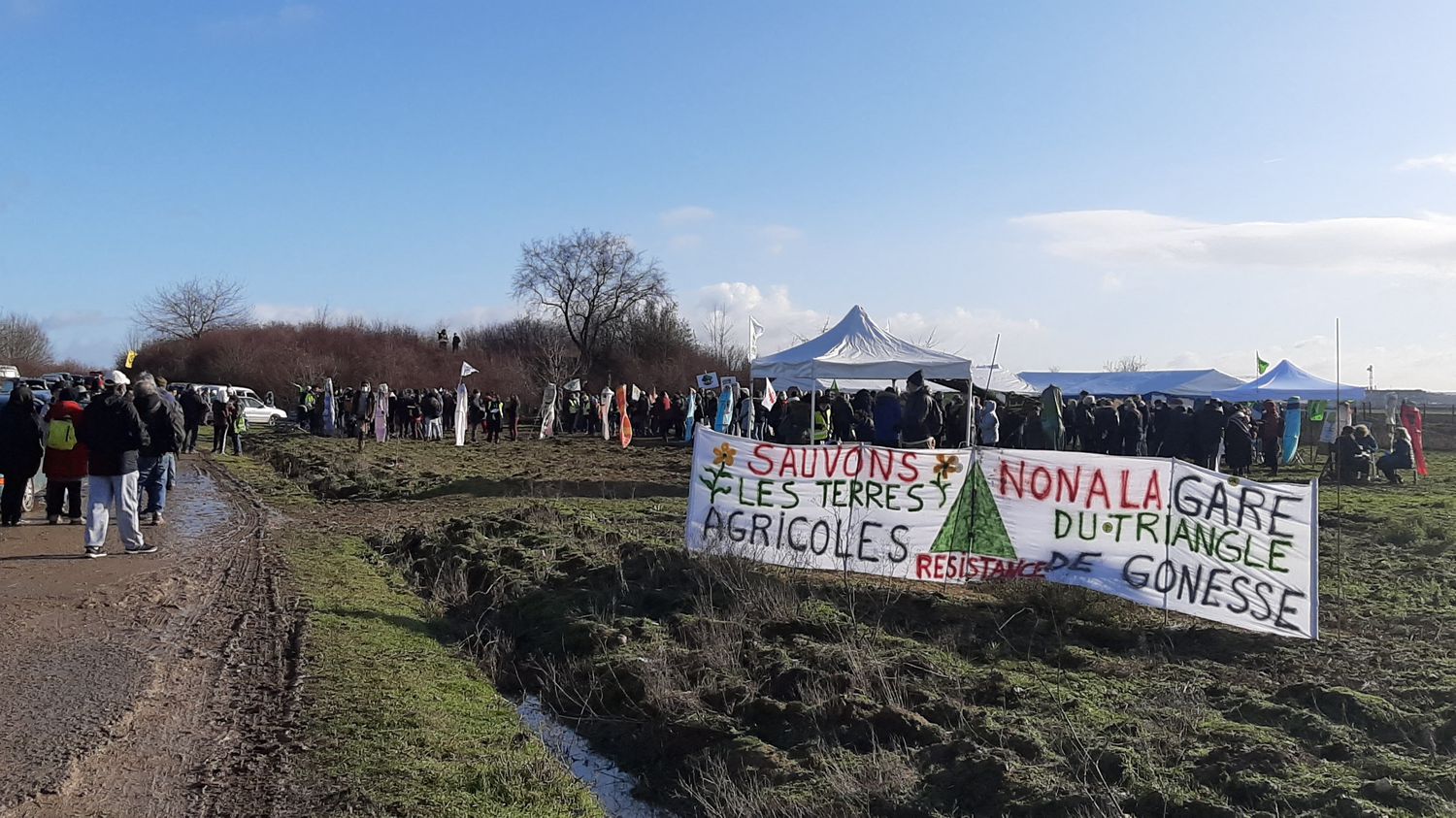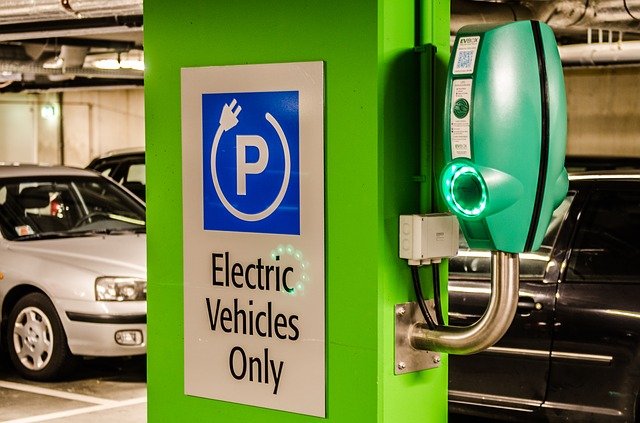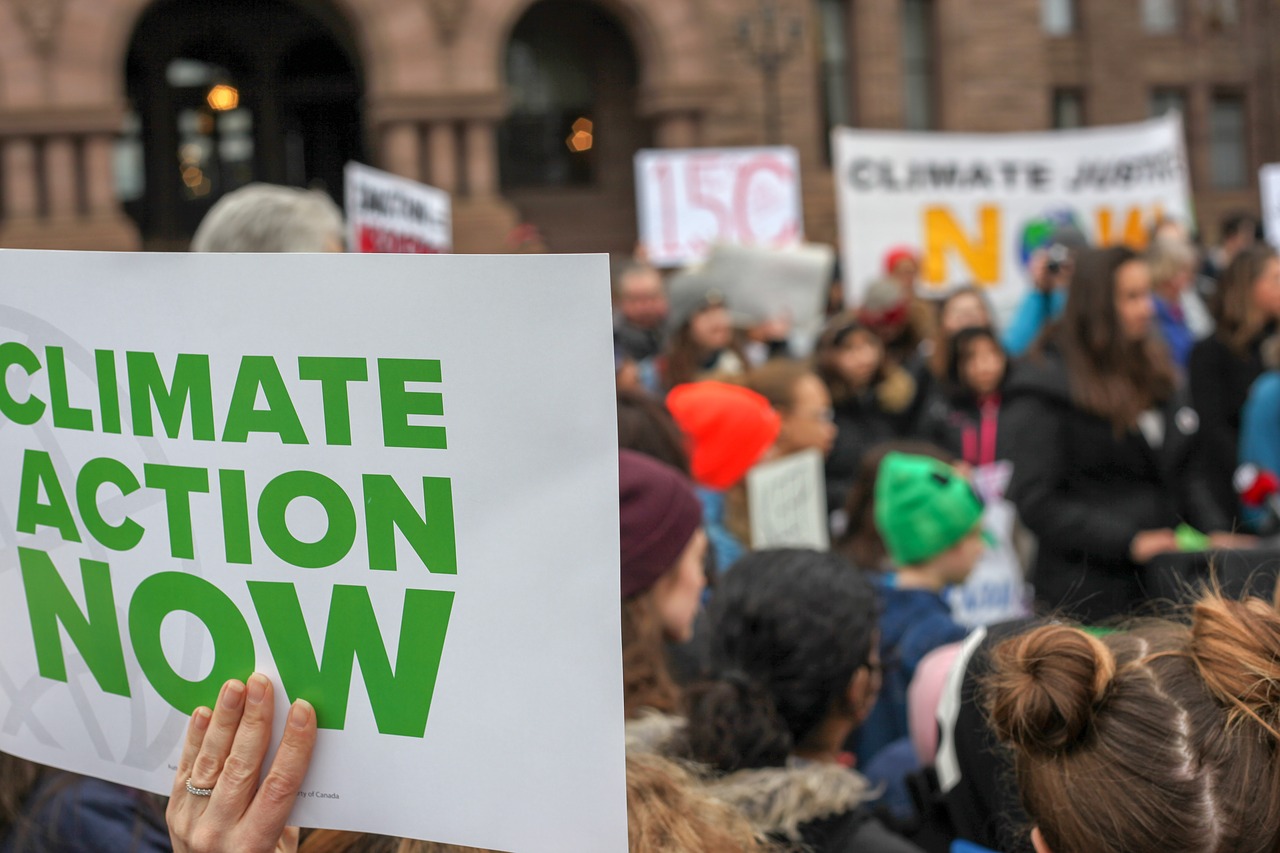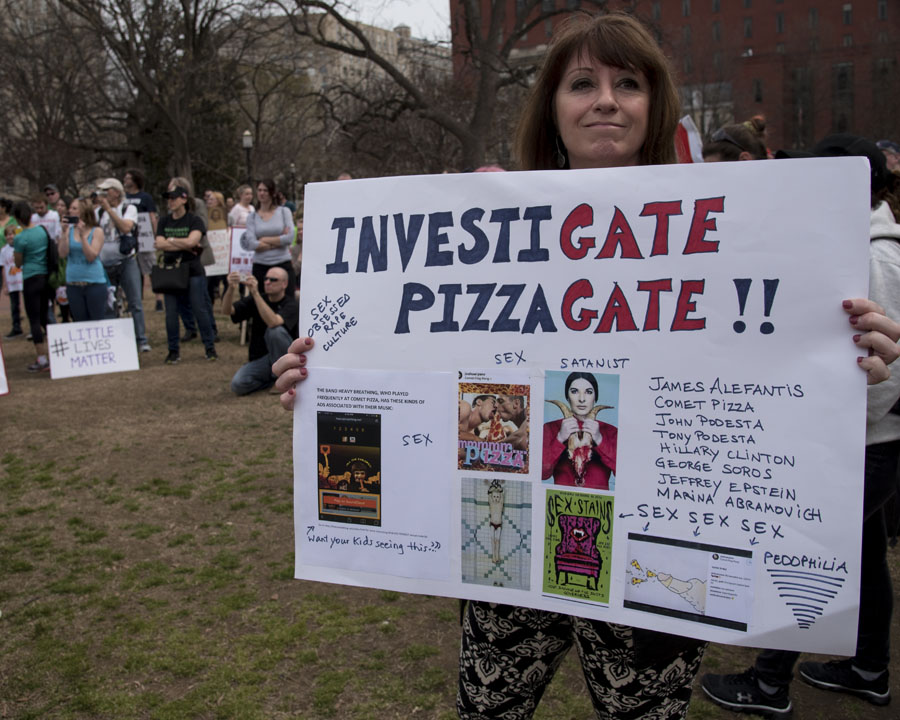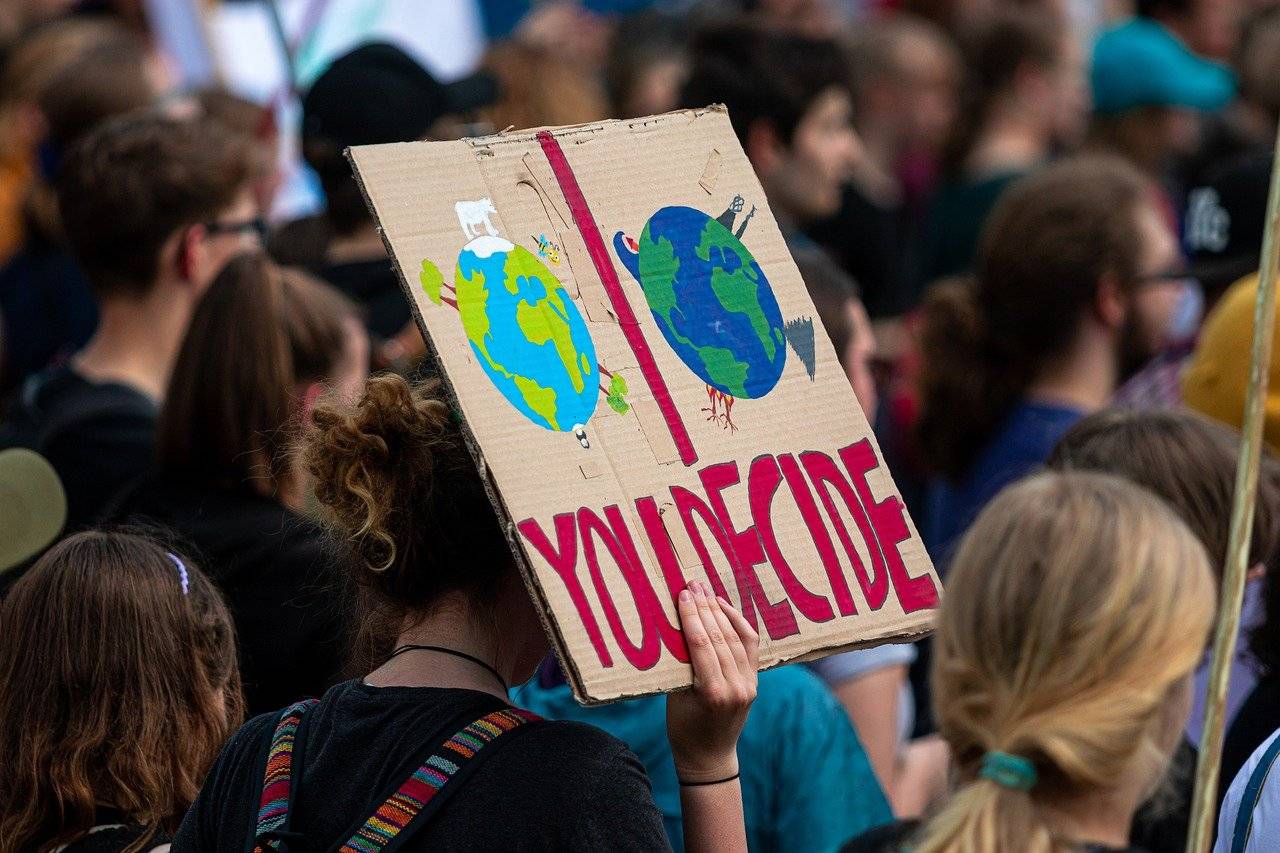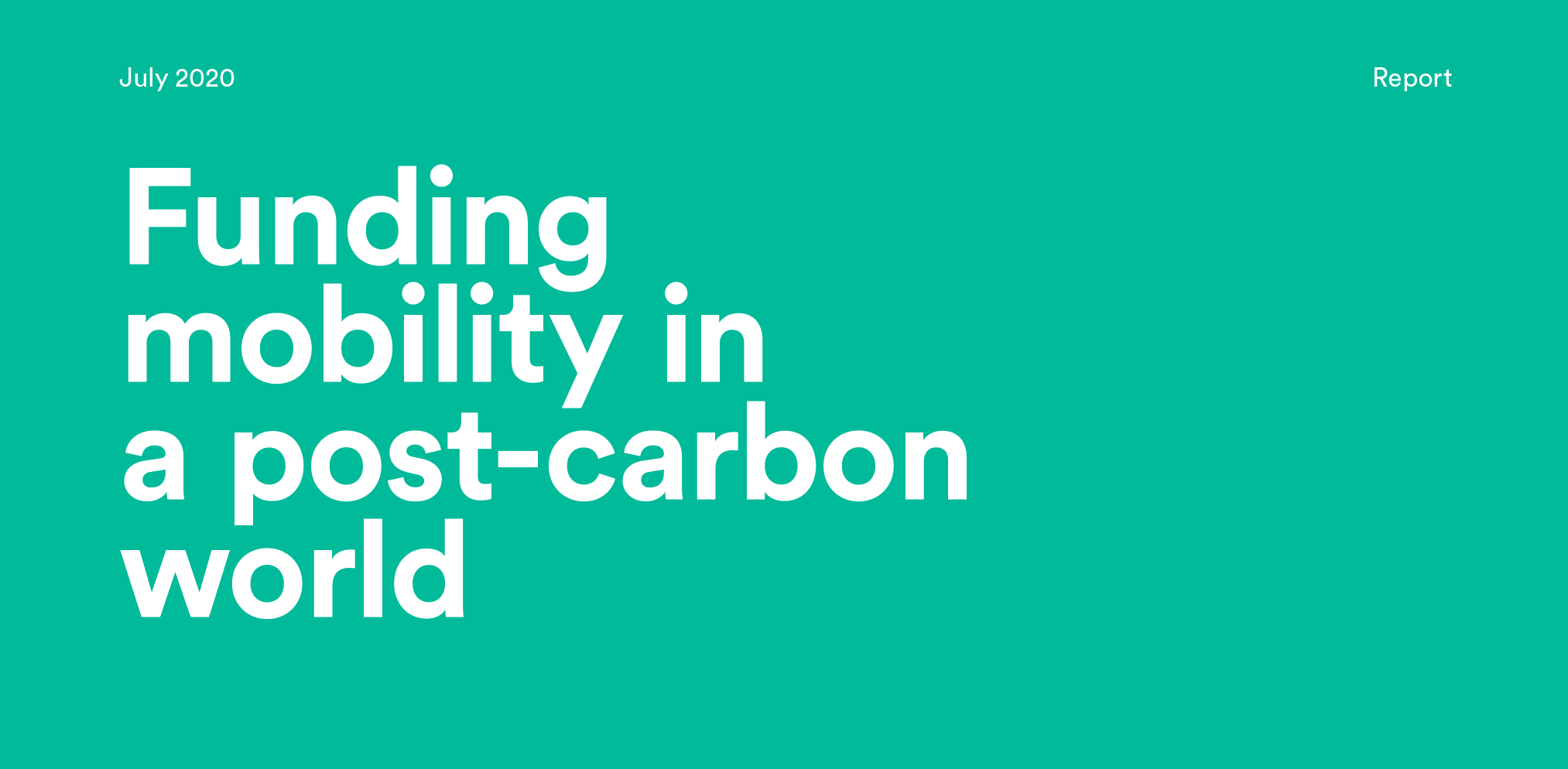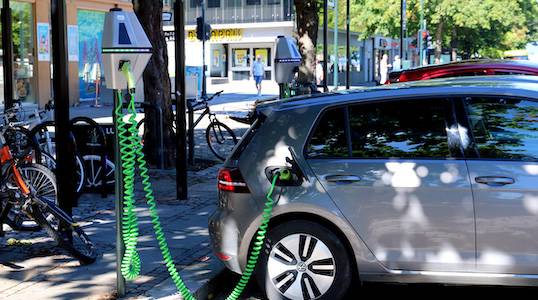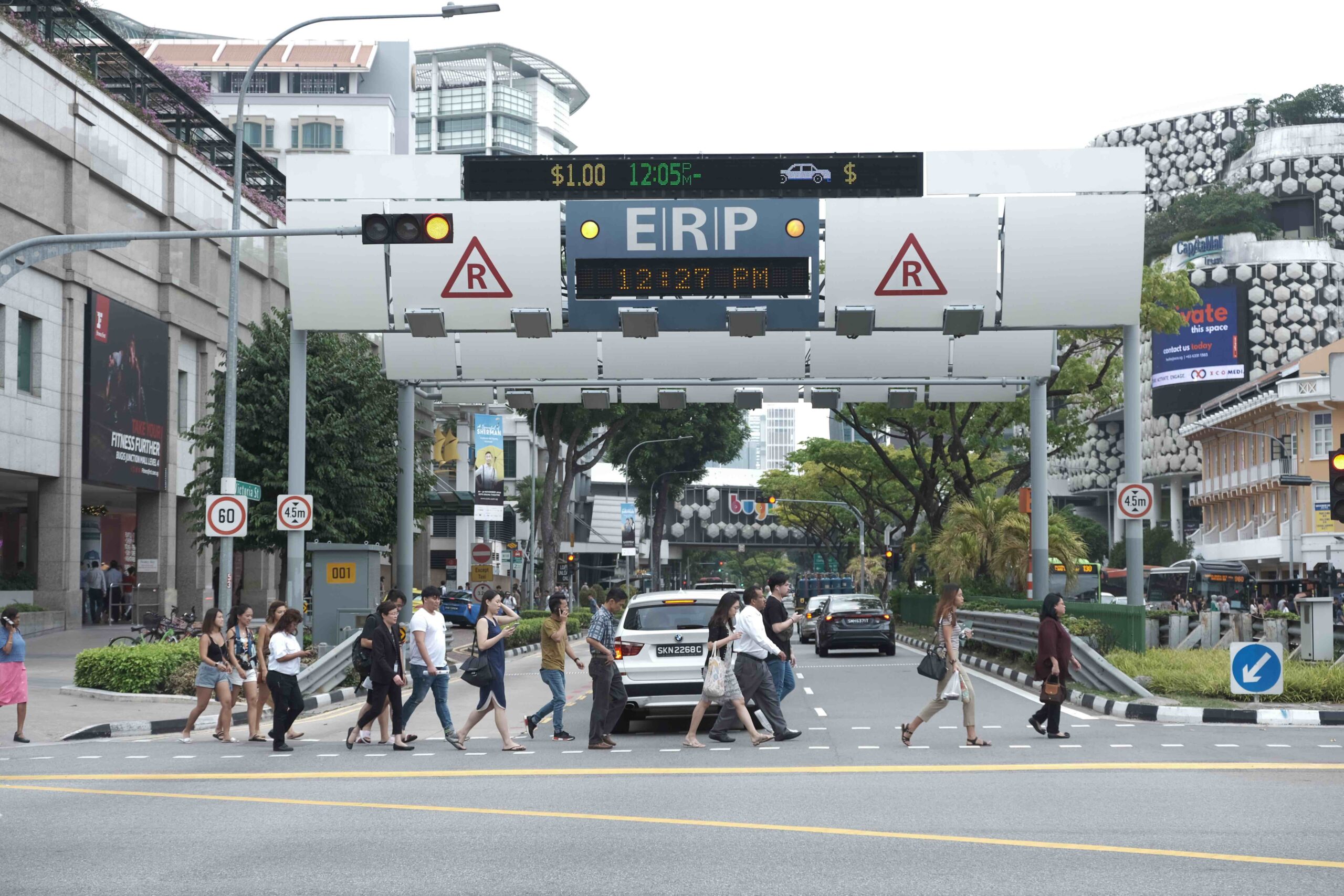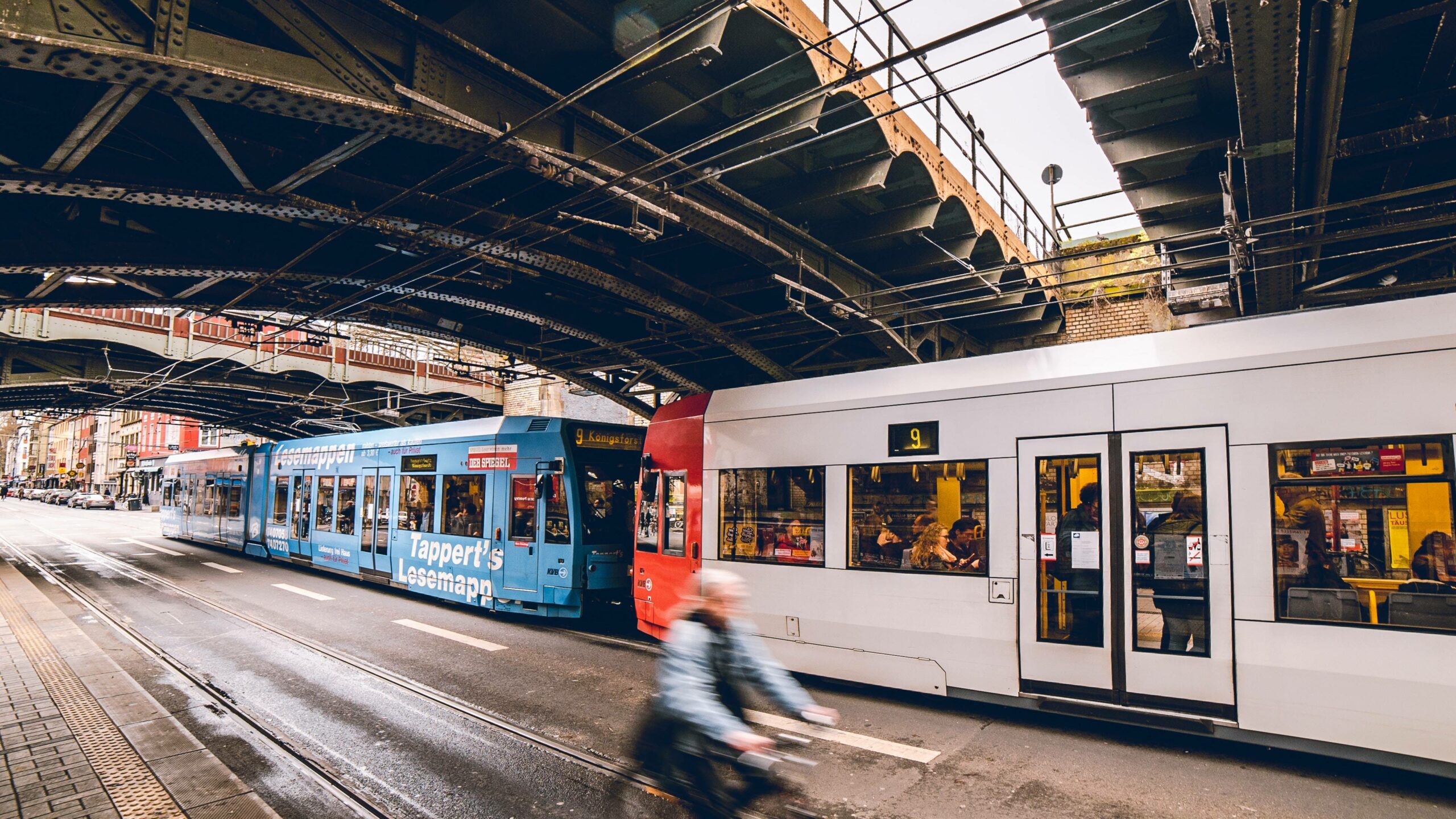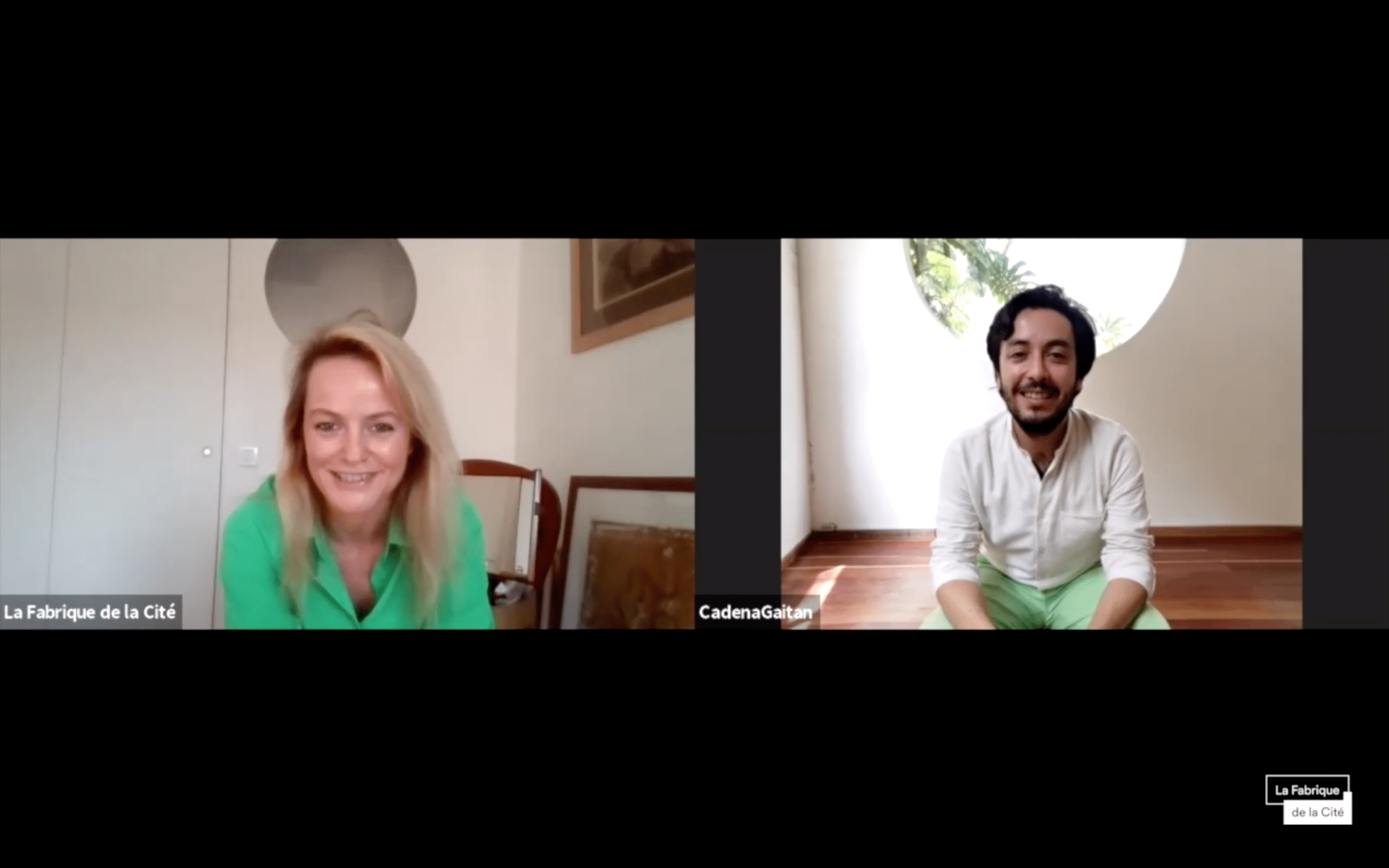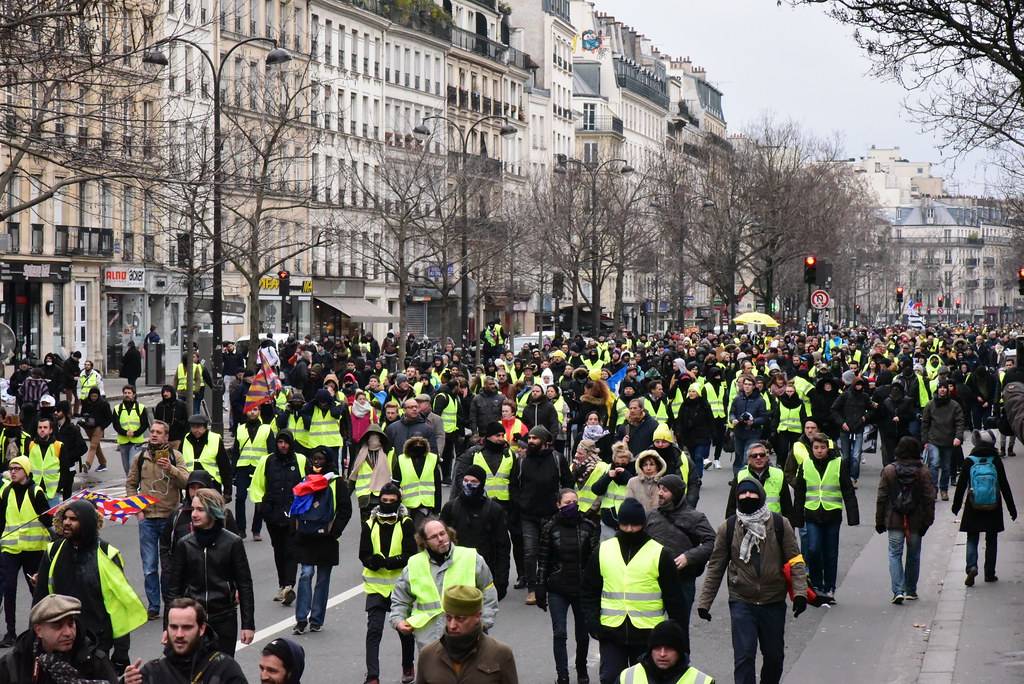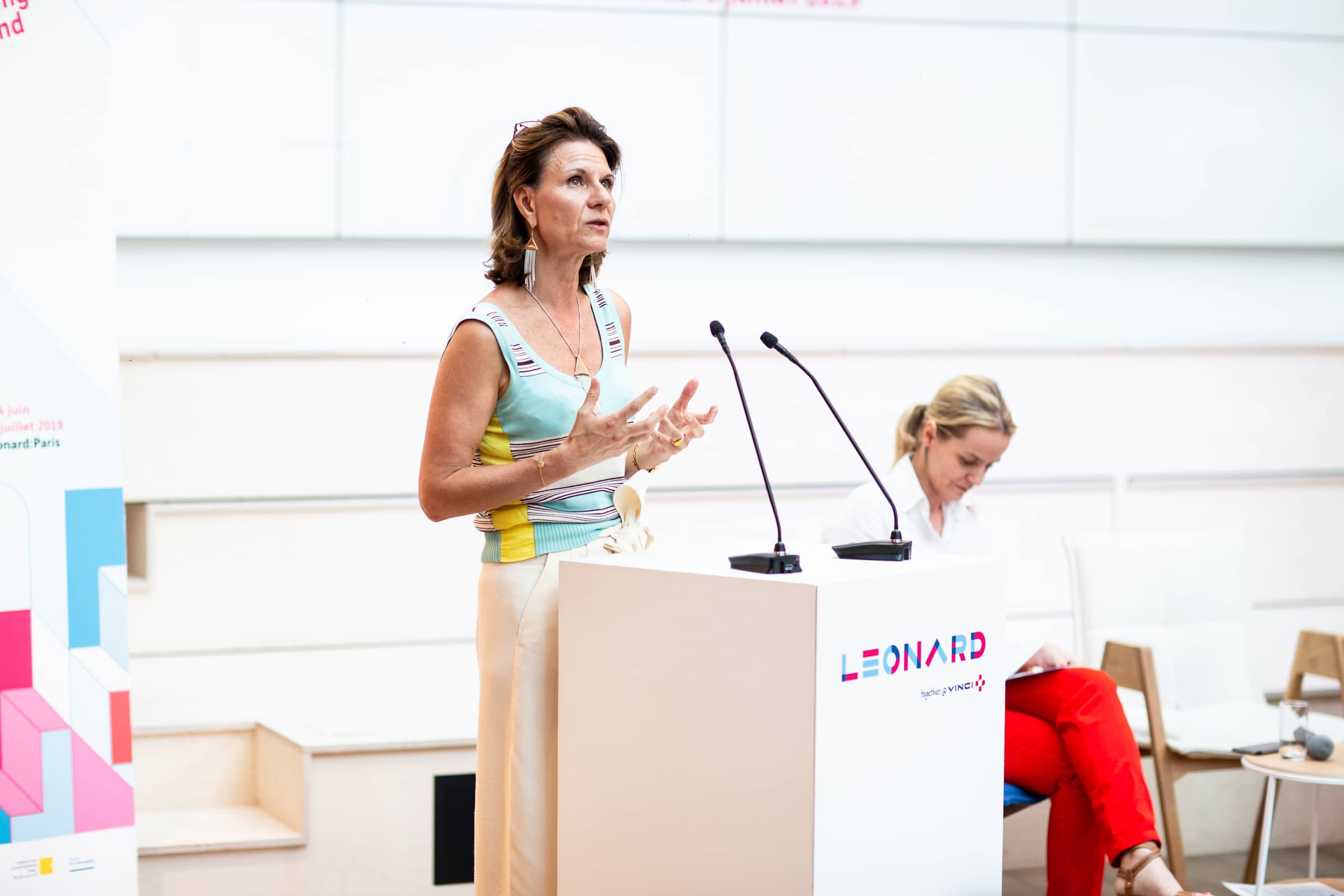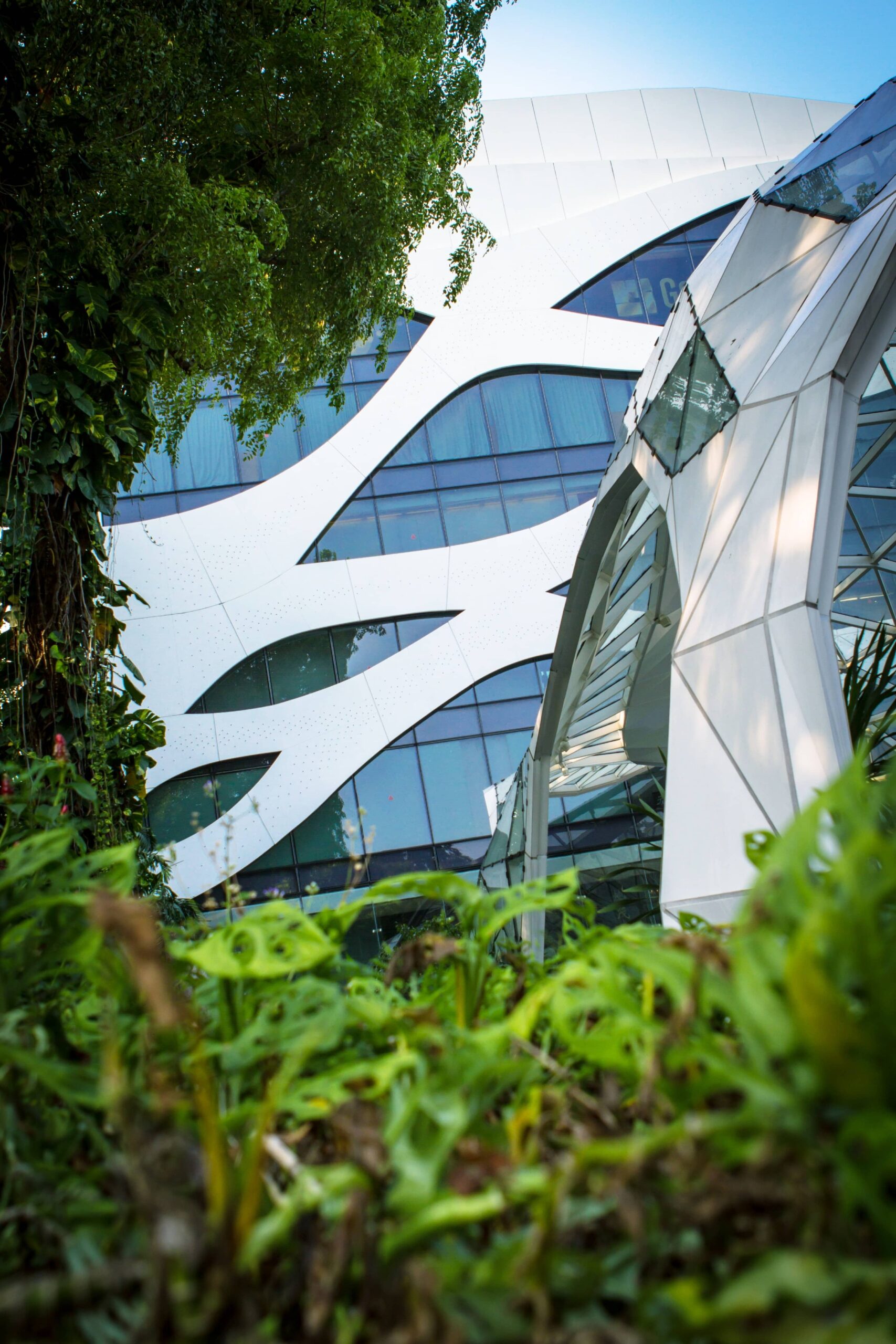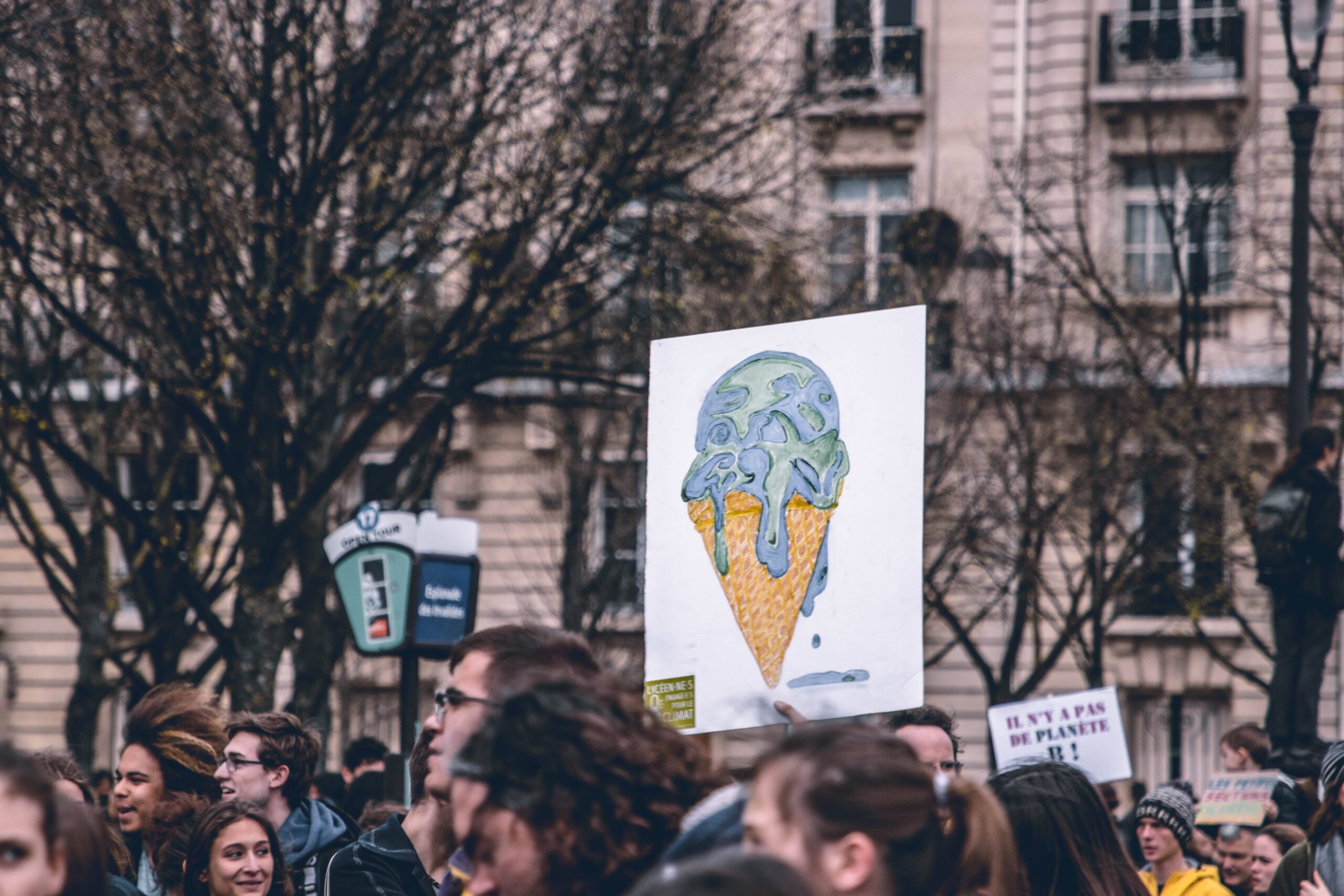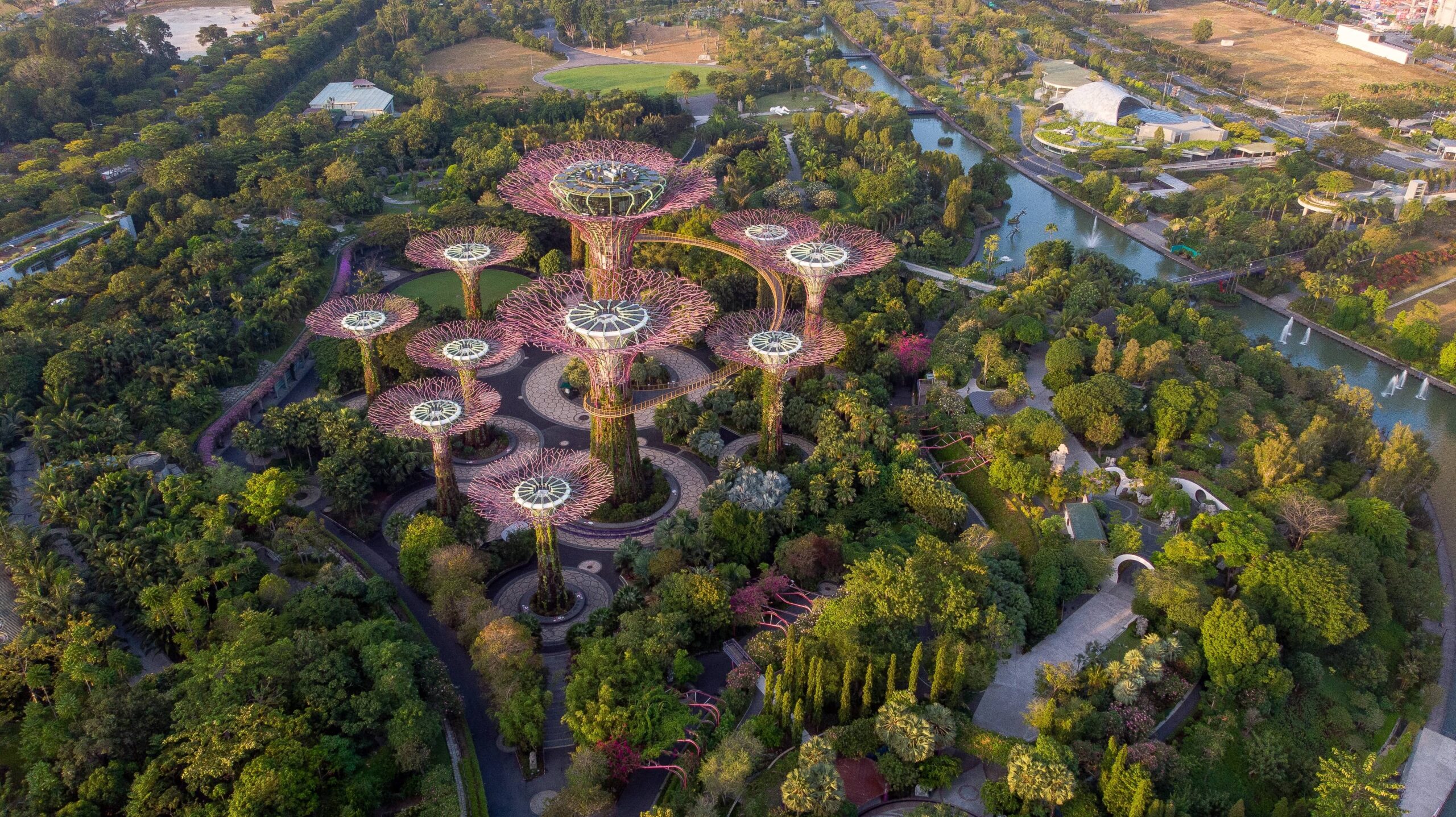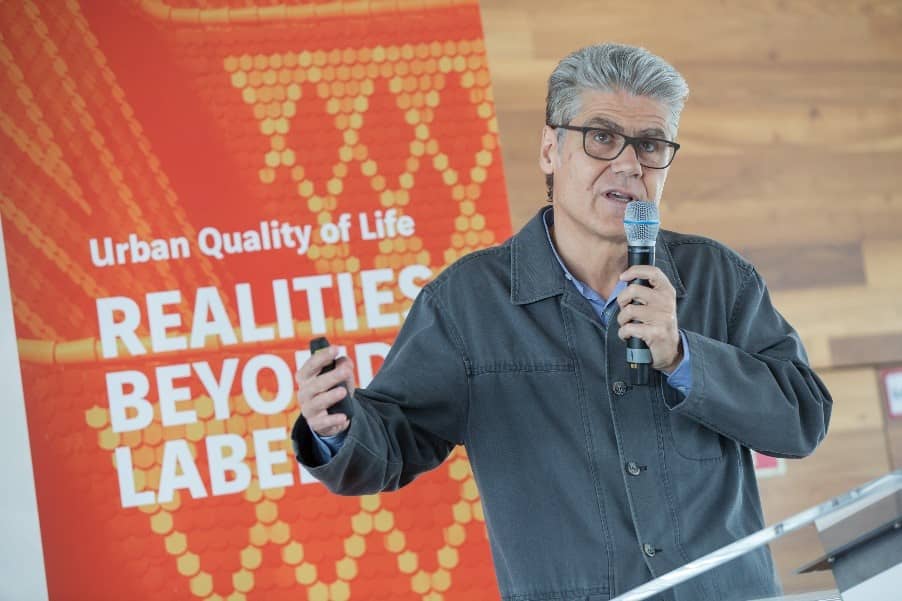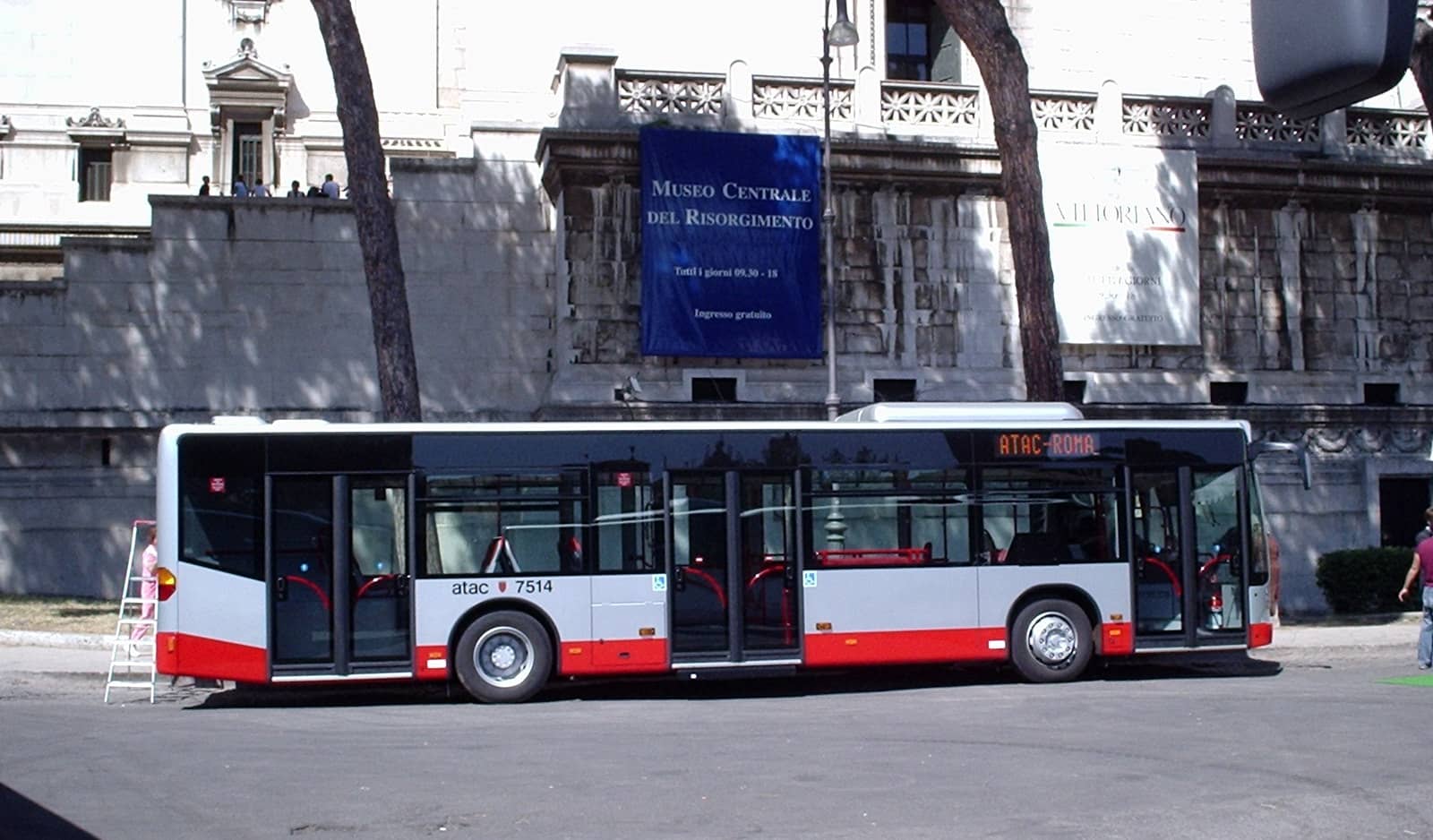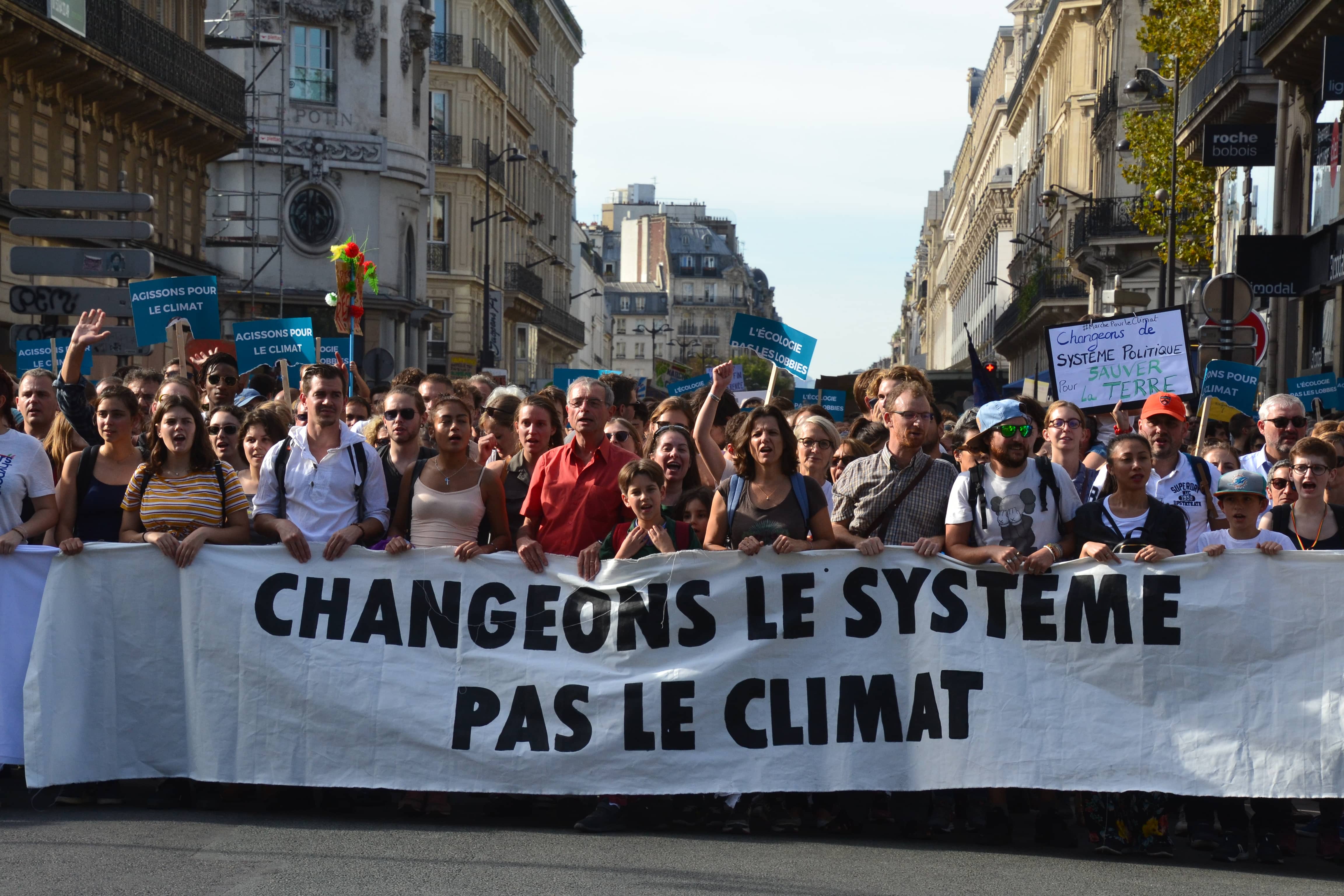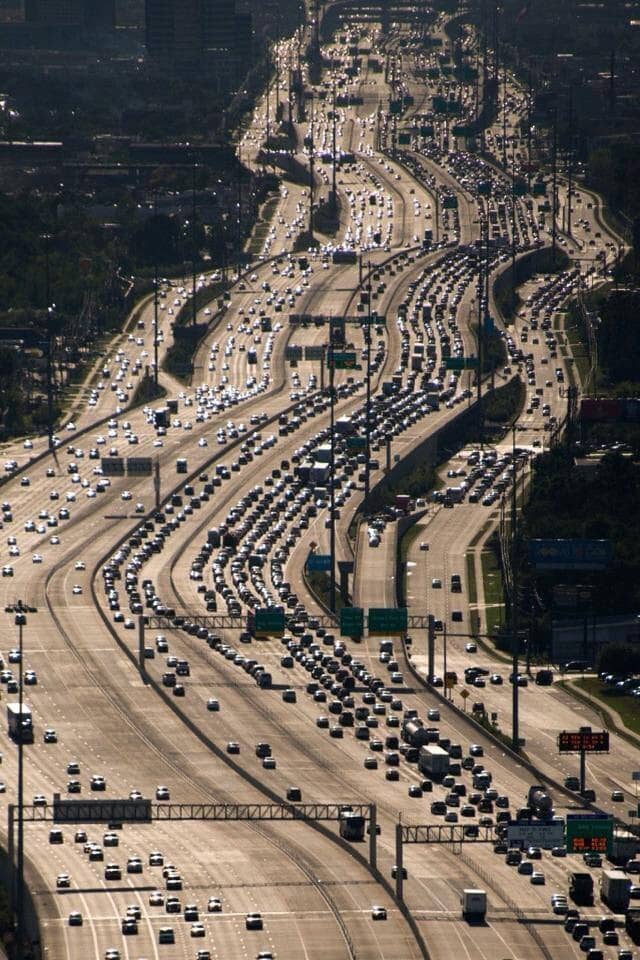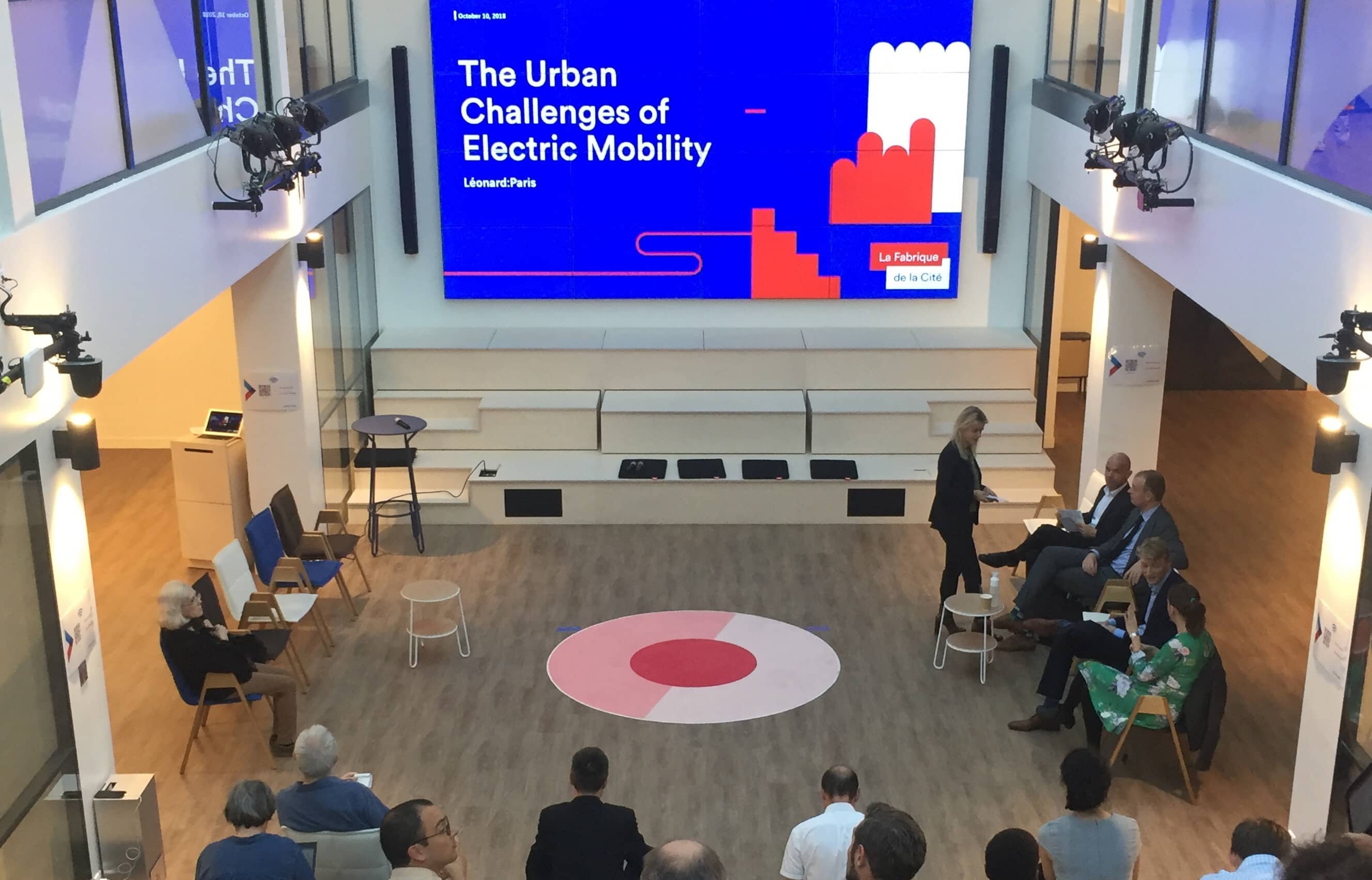

“We need greater articulation between thought and action, project content and procedure”: Lucile Schmid’s point of view
In the coming decades, our societies will have to meet a challenge of unprecedented scale: the environmental transition. They must prepare for climate change and adjust to it. Yet environmental concerns are only just beginning to take centre stage in public debate. Against this backdrop of environmental urgency, how can we shift from a time of thinking to a time of action? Interview with Lucile Schmid, Vice-President of La Fabrique écologique and member of La Fabrique de la Cité’s working group on large infrastructure projects and democracy.
La Fabrique de la Cité: Environmental concerns are no longer the preserve of a party or of highly committed activists. They are felt by society as a whole. I am thinking in particular about the keen interest generated by the young Swedish student Greta Thunberg and some election outcomes in France and Germany. What is your take on this rise in environmental concern?
Lucile Schmid: Let us first of all look at the definition of these concerns, which are much talked about without ever being clearly stated. Scientific diagnosis is everywhere we turn. Climate change and the loss of biodiversity are increasingly visible. In 2010, Dominique Bourg and Kerry Whiteside wrote in Vers une démocratie écologique that citizens were not yet able to get fully involved in environmental decisions because global warning was not yet visible. This is no longer the case today. The extinction of certain species, the pollution of the oceans with microplastics and the outlook of losing the Great Barrier Reef are events that are still much more impactful on our psyche and collective consciousness than scientific data on climate change. Why is this? Because our relationship with nature is more real and ordinary than our relationship with the climate. It is also probably more a cause for hope. With nature, we know that if we get rid of pesticides, bees will recover. With climate change, we have the feeling that a disaster is announced and we cannot do much to prevent it. To this we must add environmental health issues, as we know today how many premature deaths are linked to pollution. All this means that environmental concern is built into expert fields, scientific data and extremely real issues. In this way, it creates a major shift in our relationship to political and democratic issues.
Citizens are quickly becoming aware of the situation and this is often due to new ways of seeing and obtaining knowledge: we are witnessing the emergence of mobilisation, counter-expertise and counterweights that the conventional bodies of the State, local authorities and companies had not necessarily anticipated. When the Bayer group bought out Monsanto, it did not imagine that ensuing downward spiral. It thought it was making a long-term investment but for the last two years the number of legal proceedings has increased and the banning of glyphosate is being debated very openly. Something is gaining pace and is influencing strategic corporate decisions. Environmental concerns are complex and swift. In terms of social psychology and societal plans, they represent a real break from the past.
“Environmental concerns are complex and swift. In terms of social psychology and societal plans, they represent a real break from the past”.
La Fabrique de la Cité: How can we move from thinking to taking action?
Lucile Schmid: The question of action and of the time for action is very important. The democratic fora opened by law to allow citizen participation in large-scale projects have given rise to frustrations as some have felt powerless. Very often, I feel there is a different feeling between citizens and entrepreneurs, as the latter think “we have complied with all the procedures, we are the concessionary company, the State and the local authority have decided to give us a contract, why don’t citizens understand that this is the case and that after a time for deliberation comes the time for action?”. How can we improve the articulation between thought and action? How can we review the economic and social model and accept that interaction between citizens, entrepreneurs and public authorities does not stop once the procedure is completed? We are at an unprecedented time and can see that the articulation between content and procedure must be revised. It is no longer enough to say that there was compliance with the procedure to put an end to opposition. In some cases, it may even be necessary to consider that some large infrastructure projects, which had a purpose ten or fifteen years ago, are no longer relevant today, or that their balance and direction must be altered and enhanced today. That could also be viewed as an opportunity.
“We must review the economic and social model and accept that interaction between citizens, entrepreneurs and public authorities does not stop once the procedure is completed”.
La Fabrique de la Cité: How can consensus be rebuilt with regard to large infrastructure projects? Can we still speak of the general interest today?
Lucile Schmid: When Édouard Philippe announced the shelving of the Notre-Dame-des-Landes airport plan, he mentioned the issue of consensus, stating that “today, there is no longer sufficient consensus on this project for us to pursue it”. He did not speak specifically about the environment, the wetlands or the activist occupation intended to block development, instead stating the societal project and the fact that opposition to a project can sometimes be sufficient to be taken into account and to bring about, in this particular case, the discontinuation of the project. When some consider a project to be useful and approved by democratic means and others view it as useless and enforced, can compromise be achieved? How can nature be given the importance and value it deserves in this case?
The general interest must be served by practical content and considerations conducted on a local level. This is key to achieving a consensus among communities who do not necessarily share the same objectives today. It is necessary to structure a practical general interest which combines the interests of citizens, on a local level, corporate interests and the interests of the local authority, because otherwise each party views themselves as the legitimate holder of the general interest. Yet the practical aspects must not obscure symbolic elements such as culture and history. When some rivers are granted legal rights in New Zealand or India, this is due to the place they have always occupied alongside humans and societies. In the USA, Lake Erie was granted legal rights along the same lines. Individual interests are not the general interest, which instead is the result of a wide range of elements and reflects what a society wishes to share. We must continue to think about the concept of general interest and stop using it to close off avenues for discussion.
Today, the question of counterweights is also raised. Why is environmental action so difficult? What does adjusting to climate change entail? When you hear what climatologist Hervé Le Treut, who has worked extensively in Nouvelle-Aquitaine, has to say on what adjustments can be made in a region which is already experiencing coastal erosion, it is clear that it is still very difficult to consider a form of development that includes adaptation to climate change and the preservation of biodiversity. Perhaps the principle of local adaptation should now guide the definition, design and implementation of large infrastructure projects and be used to qualify their utility and democratic nature. How can this adaptation principle be placed at the forefront of considerations both in terms of scientific evidence and in terms of negotiation and democracy? I believe this is essential. Citizen opposition should not be viewed as something wrong or illegal. The law depends on a majority, on a political balance, of those who are in power. I also believe that for action to be taken, there should be constant interaction. Some companies should make the choice of being the pioneers in this regard.
From an environmental standpoint, compromises must be considered that mark the shift from warning to action. The IPCC says that we have ten years to act if we want to limit global warming to 1.5°C. It believes, however, that this scenario is highly improbable. When this report was published in October 2018, for the first time, a political argument was added that stated that this is only possible if those in power change their projects, working methods and policies drastically. I believe that this is a call to all those in power, whether this power is political, economic or citizen. What is the method and action plan that will put us on the path to limiting global warming to 1.5°C?
These other publications may also be of interest to you:

Lisbon beyond the Tagus
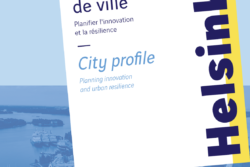
Helsinki : Planning innovation and urban resilience

A warm tomorrow

Toronto: How far can the city go?

Nature in the city

Inventing the future of urban highways
“Dig, baby, dig”
La Fabrique de la Cité
La Fabrique de la Cité is a think tank dedicated to urban foresight, created by the VINCI group, its sponsor, in 2010. La Fabrique de la Cité acts as a forum where urban stakeholders, whether French or international, collaborate to bring forth new ways of building and rebuilding cities.















